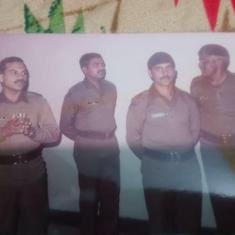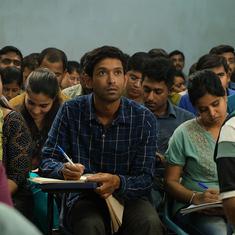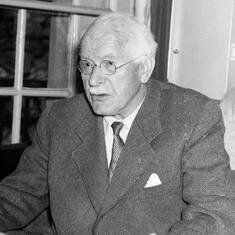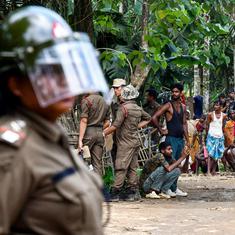On the afternoon of April 14, 1944, as World War II raged in the far corners of the planet, Mumbai was convulsed by two enormous explosions that sent a deadly shower of fiery metal and gold ingots hurtling down upon the city. An estimated 800 people were killed in the blasts, 231 of them from the dock services and fire brigade.
The explosion occurred on board a British freighter called the Fort Stikine, which had arrived at the docks from Karachi two days earlier. Her cargo was a lethal combination of wartime munitions and peacetime supplies: 1,395 tons of explosives, torpedoes, mines and shells shared the hold with bales of cotton, barrels of oil and timber. The Stikine was also carrying £890,000 of gold bullion in bars in 31 crates.
It isn’t clear what caused a fire to break out on the Stikine, but it spread quickly. Two explosions followed. They were heard far across the suburbs and sensors recorded the tremors as far as Shimla. Thirteen ships around the Stikine were destroyed, as were hundreds of homes in the vicinity of the docks. The Bombay Dock Explosion would be the most powerful blast in the eastern theatre of war, until the Americans dropped a nuclear bomb on Hiroshima.
The tragedy would remain in the memories of residents for decades, and April 14 is still observed as Fire Brigade Day in the city. Every now and then, dredging operations in Mumbai harbour still yield shells and gold bars.
Here is a rare newsreel of the day.
The day it rained gold and death in Bombay: Rare footage of the 1944 dock explosion
Approximately 800 people died when the Fort Stikine exploded in the city docks 70 years ago. April 14 is still observed as Fire Brigade Day in the city.










